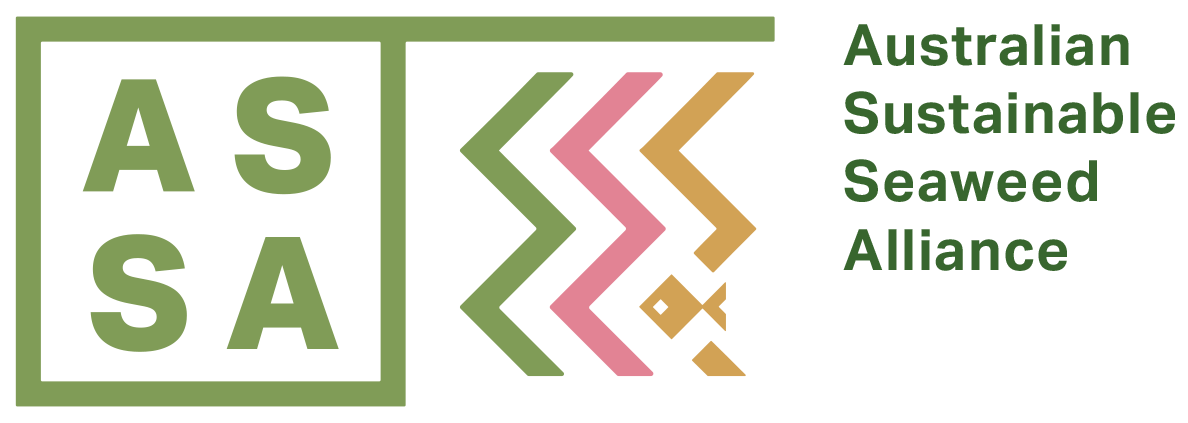A development of ‘state significance’
Having secured a 200ha marine lease near Eden NSW in April 2021 from NSW DPI, Auskelp Pty Ltd is now working through an extended state planning process for approval to farm seaweed.
The company’s Eden 1 Project has been designated a ‘state significant development’, requiring a comprehensive Environmental Impact Statement (EIS) and public consultation process. Despite the project costing less than the threshold capital investment of $30m, all seaweed farms in NSW are designated State Significant Developments because they are located in an environmentally sensitive area.
Auskelp founder and managing director Christopher Ride says the brown kelp Ecklonia radiata known as Golden Kelp will be the focus of the farm, and potentially the red seaweed Asparagopsis will be farmed at a later date. Both species are native to Disaster Bay, where the marine lease is located.
Ride explains that a driving factor behind the business is to do something positive for the environment, to create regional jobs, and to take action on the climate emergency. He chose Eden, on the NSW south coast, as the location because of the long connection he and his family have with the region, the abundance of local seaweed, and the significant upwelling and cooler nutrient-rich waters in the southern bays and inlets.
He and fellow investors were keen to establish seaweed aquaculture as a new, innovative industry, but were surprised at how complex the regulatory hurdles were. “It is a very complex process in NSW,” Ride commented.
While still optimistic that final approval will be granted, almost 3 years and $1 million after starting out, with no infrastructure in the water, Auskelp is still at least a year away from an operational kelp farm. It has, however, made significant progress with Ecklonia radiata breeding programs in its laboratory. Auskelp has successfully developed multiple gametophyte strains from seedstock in Disaster Bay and they have now perfected the sori extraction process.
Auskelp appointed Netherlands-based expert Job Schipper as its lead scientist. The company is also sourcing technology and processes from Europe for rope seeding, farm design and harvesting processes. As there are no commercial kelp farms in Australia, the Auskelp team are forced to look overseas for technical support.
“Ecklonia radiata has not been commercially grown anywhere in the world, so many of the standard systems and processes we are adopting require additional modifications,” Ride commented. “We believe that Golden Kelp represents one of the great seaweed farming opportunities globally, due to its natural properties and growth rates.”

